Rocio Rutter is an Industrial Engineer with a Master’s in Supply Chain Management. Born in Peru, she’s lived in Australia as a citizen for the past 12 years.
Rocio Rutter, Images supplied
Rocio recently joined our live online Masterclass in the Disruptive Design Method and Circular Economy. We caught up with her to hear more about her work in sustainable supply chains and how the UnSchool experience has helped her start Bivio, a for-impact enterprise providing circular transformation advisory services.
Can you give us an introduction to yourself and your work?
My life has always been driven by my passions, my family and my purpose of meaningful impact on everything I do. My passion for problem-solving, connecting nodes and pragmatic action delivery have influenced my career path and work experiences. The last 18 years of working experience have centered around supply chain & operations, working across mining, resources and manufacturing industries in South America, USA, Asia and Australia. Additionally, I have worked with fantastic people whilst performing the role of Senior Manager in Tier 1 consulting firms, advising leaders in the areas of operations strategy, technology integration and program execution as part of Digital & Business Transformation initiatives.
There was one thing I have always encountered whilst helping organisations transform to deliver a growth and financial performance agenda: change. Specifically, dealing with the complexities of our resistance to it.
The journey towards a deeper understanding of this social problem is what led me to find the Circular Economy and its principles.
To me, the principles underpinning circular economy were the missing link I always felt existed in an organisation’s transformation journey. This is why my latest career adventure is now as a Founder and CEO of Bivio. We are a for-impact enterprise providing circular transformation advisory services focused and tailored to supply chains & operations and their challenges/objectives.
Launching Bivio Consulting business
What motivates you to do the work that you do?
As mentioned before, my career has been driven by the purpose of meaningful impact on everything I do. The human race faces a significant challenge in stopping our current economic & growth trajectory at the expense of irreversibly damaging our planet and its diverse ecosystems within. Changing it into a regenerative and restorative model to secure our future is now critical. The work we do is centered on helping the arms and legs of today’s economy (supply chains), and to transform their thinking and business models so we come closer to delivering on this challenge.
Facilitating a supply chain leaders workshop on the topic of Building Supply Chain Resilience (photo ASCI)
How did you find out about the UnSchool, and what motivated you to come?
Upon building a fantastic network of like-minded circular economy practitioners in Australia, someone within the network recommended the program as a fantastic approach and method to pick up systems thinking capability whilst learning from the fantastic Leyla and a group of innovators taking the course with me.
What was your experience at the UnSchool like?
Two words. Positively overwhelming. I really enjoyed Leyla’s style to unload the significant amount of information and knowledge she has across the 10 sessions we held and tapping into adjacent topics to the methodology itself (like cognitive bias, gamification, etc). For people like me who like diversity over density, it was the perfect model. Upon concluding the course, I am now deep diving on the areas of higher interest starting with the great baseline given by the program.
What was the main take away you had from coming to the UnSchool?
To discover my own agency for meaningful change. Circular economy as a topic is so large and complex that sometimes it was hard to see how I could make a difference. Leyla has given us the perfect trajectory and tools to put ideas into action.
Tell us more about your initiative(s), and how is it all going?
Since starting my company, I have established great partnerships with digital companies, sustainability agencies and climate action innovators. We are working on integrating their technologies as accelerators of circular business model adoptions and to bridge the gaps delaying progress today. At the same time, I am currently helping local councils on their circular procurement transformation and SME companies on defining a growth roadmap, using circular principles as levers. Finally, I have ventured into writing articles and educational content for supply chain leaders to help address misguided mental models around circularity and the role it plays in operational efficiency. Our objective is to call-out to operational leaders and help them realise they need to be at the driver's seat of this transformation.
Our first public webinar on Circular Economy for Supply Chains
How did the UnSchool help you start/evolve it?
The UnSchool Program was a great process for me to map out the problem I wanted to resolve and the system it was a part of. It was a very practical way to learn systems thinking and how to apply it to the problem I was trying to solve through my business. The knowledge and insights I have gained as a result of the program are invaluable in work and life.
How have you amplified this change you do in the world?
Besides the tailored services we provide to supply chains and organisations, we have an impact plan including three areas:
Foster awareness and circular understanding amongst SC and operation leaders - through the release of practical, knowledge-based articles and panel-focused webinars.
Starting the Circular Supply Chains Innovation Hub (enabled by a digital platform) - gathering SC leaders to map different value chain systems and tiers, identify industrial symbiosis opportunities, foster learning and innovation solutions for complex & systemic problems.
Starting a supply chain pay-it-forward initiative to bring back the circular part of the chain.
How can people engage with, support, or follow your work?
Our company website is www.bivio.com.au
We will also publish all of our work and progress on Linkedin and on Medium.
Any other thoughts you want to share?
We believe that circular transformation is not about the destination but the journey. Every step we take, no matter how big or small, will help us restore and regenerate our natural systems.
Our theory of change is that by caring about the impact footprint of what we do and who we do it with, we can focus on what matters, addressing organisational alignment and collaboration for supply chain visibility & product innovation.
This way companies will thrive through:
An engaging positive business impact, attracting the right talent and fostering innovation.
A changed partnership dialogue, incubating collaboration for complex problem resolution.
A clear business “lighthouse” for meaningful & accountable digital technologies & platform investment.












